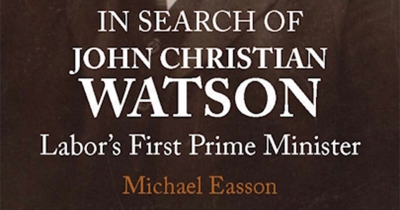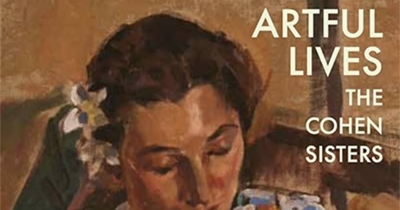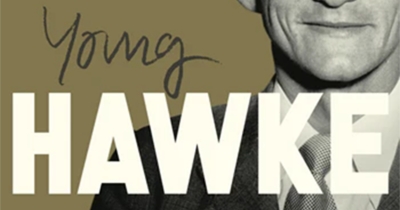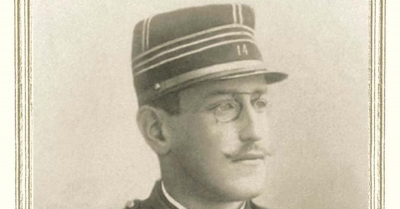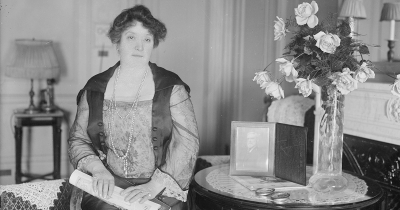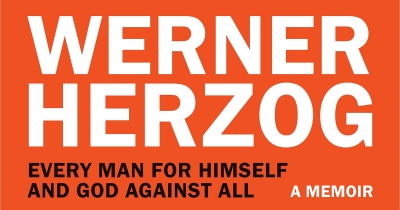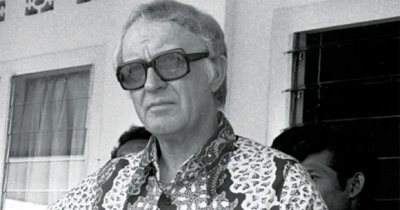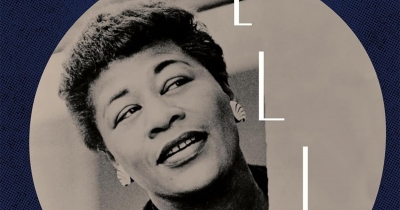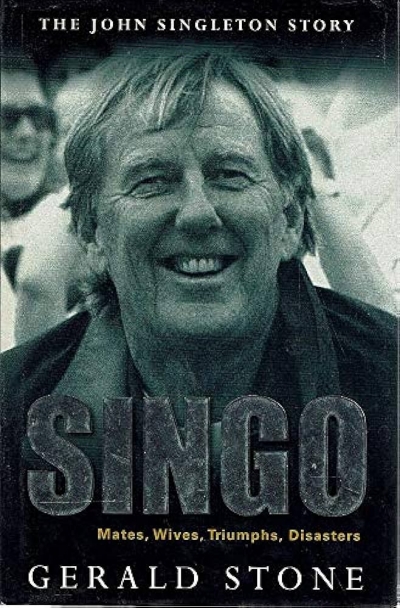Biography
In Search of John Christian Watson: Labor’s first prime minister by Michael Easson
by Lyndon Megarrity •
Artful Lives: From Melbourne to the Islands: The artful lives of the Cohen sisters by Penny Olsen
by Jane Sullivan •
Kubrick: An odyssey by Robert P. Kolker and Nathan Abrams
by Peter Goldsworthy •
Alfred Dreyfus: The man at the center of the affair by Maurice Samuels
by Peter McPhee •
Unfamiliar readers may assume that the Australian Dictionary of Biography (ADB) is a dusty, dense, traditional encyclopedia, its pages filled with dull entries on those whom posterity has deemed worthy of remembrance. Consisting of twenty heavy tomes (plus addenda), nine million words, and almost 14,000 scholarly biographies, it may seem like an unreadable piece of work that is of little relevance.
... (read more)Every Man for Himself and God Against All by Werner Herzog, translated by Michael Hofmann
by Corey Cribb •
Occidental Preacher, Accidental Teacher: The enigmatic Clive Williams, Volume One, 1921-1968 by Shannon L. Smith
by Nathan Hollier •
Becoming Ella Fitzgerald: The jazz singer who transformed American song by Judith Tick
by Robyn Archer •

